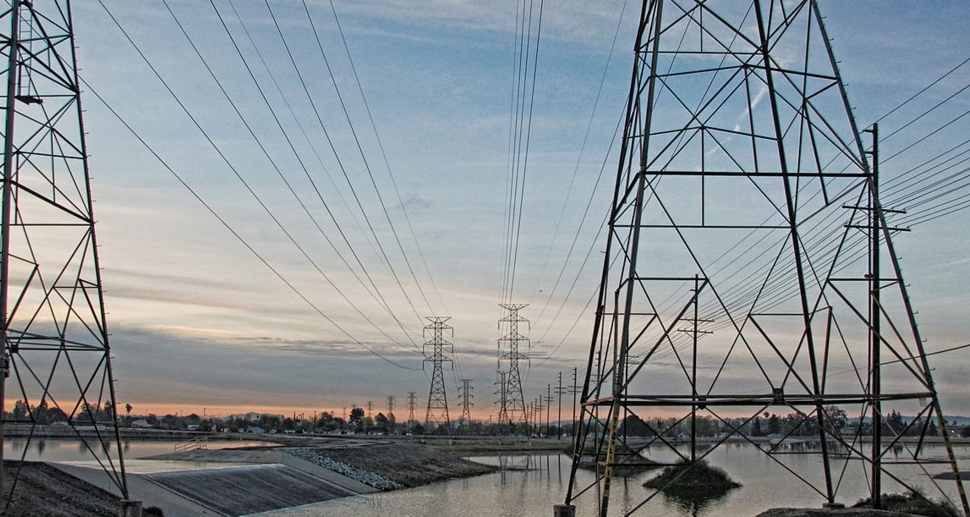
By the year 2025, Switzerland could face weeks or even months at a time with no electricity, warned President Guy Parmelin in a recent statement.
The central European country does not produce enough electricity to meet demand, forcing it to import. However, one of its suppliers, Germany, is phasing out its nuclear energy industry as part of a massive "green" push, as well as in response to the Fukushima disaster of 2011.
During the winter, Switzerland imports about 20 percent of its energy from Germany. This gap is expected to rise as Germany continues to shut down its nuclear plants.
Germany is temporarily switching over to coal, a "transitory" form of electricity generation that the country plans to fully phase out by 2035.
"Structurally, this transition could make it difficult for Europe to produce enough electricity," warns Climate Depot.
"Those who don't produce their own electricity risk having black-outs, said Stéphane Genoud, an expert in energy management at HES-SO, a university in Valais."
Switzerland needs more wind, solar and natural gas energy production systems
Last month, Parmelin told his country's largest electricity consumers that he hopes for their support with reduced consumption. If they can figure out ways to consume less energy, the crunch moving forward will be lessened.
If they do not and the energy runs out, then factories could be forced to cut production; banks could be forced to reduce their opening hours; and transport operators could be forced to reduce the number of trains and trams running.
Individuals and households across Switzerland are also being told that they should try to conserve energy as well, if possible, to help avoid prolonged energy shortages and the damage they threaten to cause.
Back in September, the Swiss government sent letters to 30,000 large electricity consumers warning them of these future energy shortages. It explained that forced consumption restrictions could be necessary.
"During shortages the Federal Council could restrict consumption if calls for voluntary reductions are not enough," the Depot reported.
Genoud, meanwhile, told the media that he thinks Switzerland has rested on its laurels and needs to start producing more wind and solar electricity if it hopes to overcome these energy challenges.
For him, natural gas should also be an essential part of the plan, even if it only ends up being a temporary solution. It turns out that natural gas is one of the most abundant, inexpensive and easily accessible forms of clean, renewable energy.
"I thought the Swiss were smart engineers," wrote someone at the Depot about how this energy shortage situation is a major failure for Switzerland. "When did they abandon common sense?"
Over at Natural News, someone wrote that Germany is also facing its own energy shortages. The government there has actually been sending out pamphlets to citizens with advice about what to do when the power goes out.
"Sorry, but nuclear power is the worst," wrote another. "If you have an 'accident,' that radiation has a half-life of thousands of years – humans will be irradiated for the next hundred generations."
"The world opted-out of the much safer Thorium-based nuclear power," responded another. "It didn't produce the bomb-making material that they craved."
Still another pointed out that, like Switzerland, Germany used to be very technologically advanced and at the forefront of preventing problems like this from occurring. What happened?
"It blows my mind how Germany pioneered the best microphones and recording gear, yet is so dumb in so many other areas," this person said, noting that today's Germany is becoming so focused on "woke" causes that it has missed the plot.
"Germany is so busy straining at a gnat that they've swallowed the proverbial camel."
More related news about the nuclear controversy can be found at Nuclear.news.
Sources for this article include:
Please contact us for more information.
















